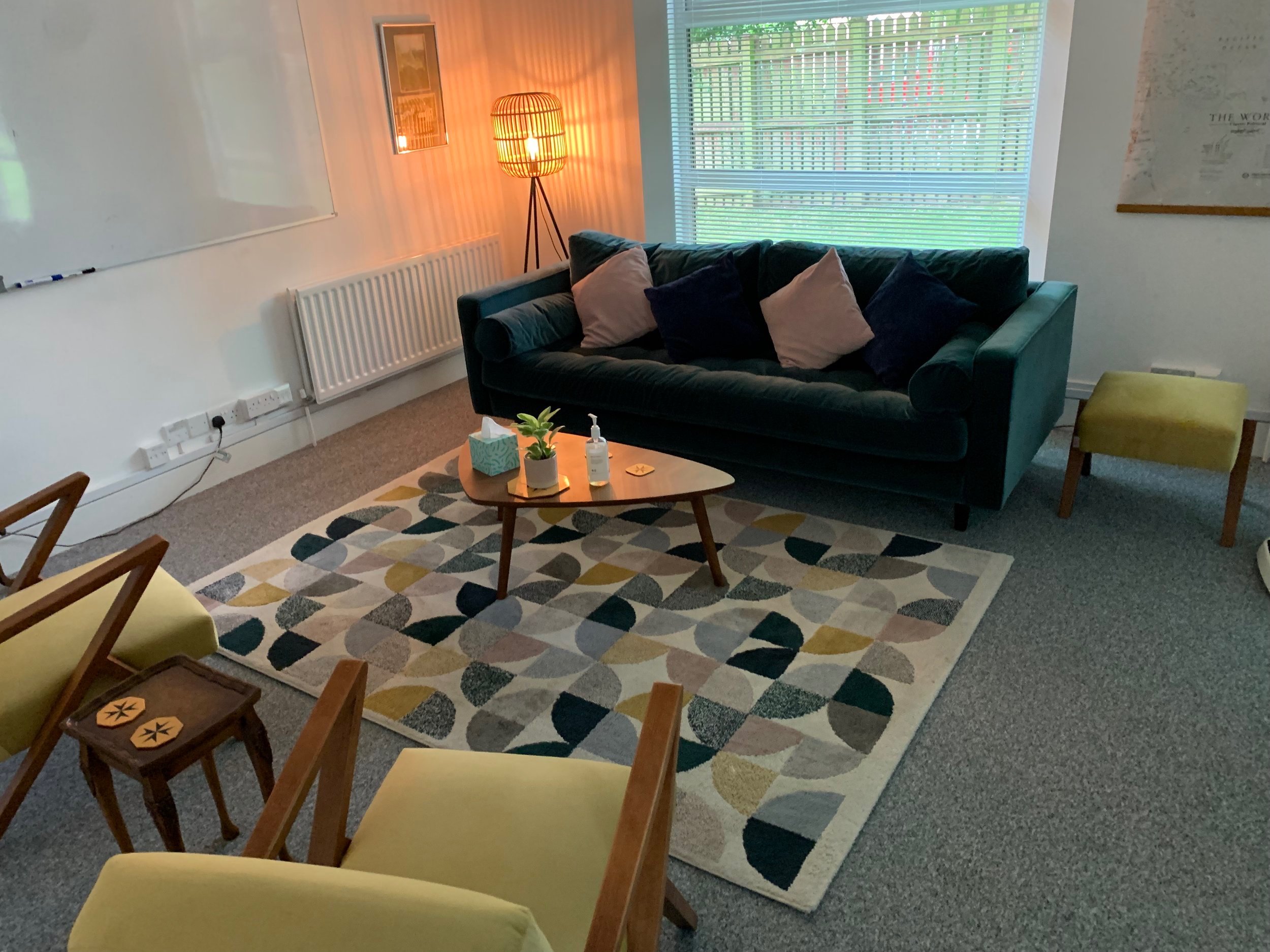Services
Assessments, Support & Advice
There may be a number of reasons why you want to seek a private assessment for your child. You may have worries about them not meeting their developmental milestones, their behaviour or difficulties at home or at school. You may have a particular condition in mind like autism or ADHD and want to seek advice about assessments.
If you are considering arranging an appointment feel free to ask any questions if they aren’t answered by the pages below.
Most families require at least an initial consultation, further assessments and a follow-up appointment.
ADHD Assessment
ADHD, stands for Attention Deficit Hyperactivity Disorder, it is a neurodevelopmental disorder that is characterised by difficulties in attention, impulsivity, and hyperactivity.
Autism Assessment
Autism, also known as Autism Spectrum Disorder (ASD), is a complex neurodevelopmental condition that affects social interaction, communication, and behaviour.
Combined Assessment
Autism and ADHD can co-exist. Many of the symptoms and initial stages of assessment are similar, which means a combined assessment can be the best approach.
Developmental Co-ordination Disorder (DCD) Assessment
Developmental Co-ordination Disorder (DCD or dyspraxia) affects a child's ability to coordinate their movements effectively.
Developmental Delay Assessment
Developmental delay describes slower progress in a child's development when compared to typical milestones. Delays can occur in various areas, such as speech & language, motor skills, social interaction, or problem-solving abilities.
Fetal Alcohol Spectrum Disorder (FASD) Assessment
Fetal Alcohol Spectrum Disorder (FASD) refers to a range of difficulties that can occur when a baby is exposed to alcohol during pregnancy.
Other Services:
We do offer a range of other services including advice and guidance, medical advice and medication discussion.

What happens at an assessment?
The consulting rooms are a relaxed and homely environment. The lighting is soft and the environment is calm and contemporary. Its very unlike a trip to the doctors; yet within the environment there is everything needed to complete a comprehensive assessment.
You will be welcomed in to the consulting rooms and given time to relax and make yourselves comfortable. At the start of the assessment a plan is made as to how it is going to run making sure everyone is comfortable.
The assessment usually begins with talking to the child and understanding their perspective, this is always done in an age appropriate way and senstitive way, and with their parent or carers agreement about what is discussed and disclosed. All of your concerns are discussed and documented, and further questions will be assessed to ensure all the required information is gathered.
The child is given as much control as possible, after all the assessment is about them and for them. Sometimes the assessments can feel a bit negative as the focus will often come round to a childs difficulties. If possible its often worth bringing two adults to allow the child with you to have time out of the room as needed.
There is usually a short physical examination that will be tailored according to concerns discussed. Its usually fun and the child is in control. They can listen to their heart, or yours! Have their height and weight measured, their reflexes tested which usually makes everyone laugh.
At this point Dr Mills will summarise what has been discussed and start making recommendations about what further assessments or diagnostic tests are required. The benefits and drawbacks of the recommendations can be discussed and a sensible plan created.
What happens after an assessment?
A full report will be compiled following the appointment. This is usually available within 10 days of the appointment, it will be sent to you via secure email link. Sometimes reports may be delayed if crucial information from other professionals involved with your child is required to complete the report and may lead to some delays. This is sometimes necessary to ensure the report is accurate and comprehensive.
You will be given control over organising the recommended further assessments or diagnostic tests to suit your child and timescales.
When you leave your appointment you will have discussed when a follow up appointment will be required and the plan for that appointment.
Other considerations:
Further consultations and assessments with associated specialists will attract their own fees
Blood tests may be recommended and these can be arranged at a separate clinic through one of our carefully selected partners
If you wish to have a telephone or video consultation about your concerns, without your child present, this can be arranged prior to the intial appointment for a separate fee
Telephone or video follow up consultations are possible






